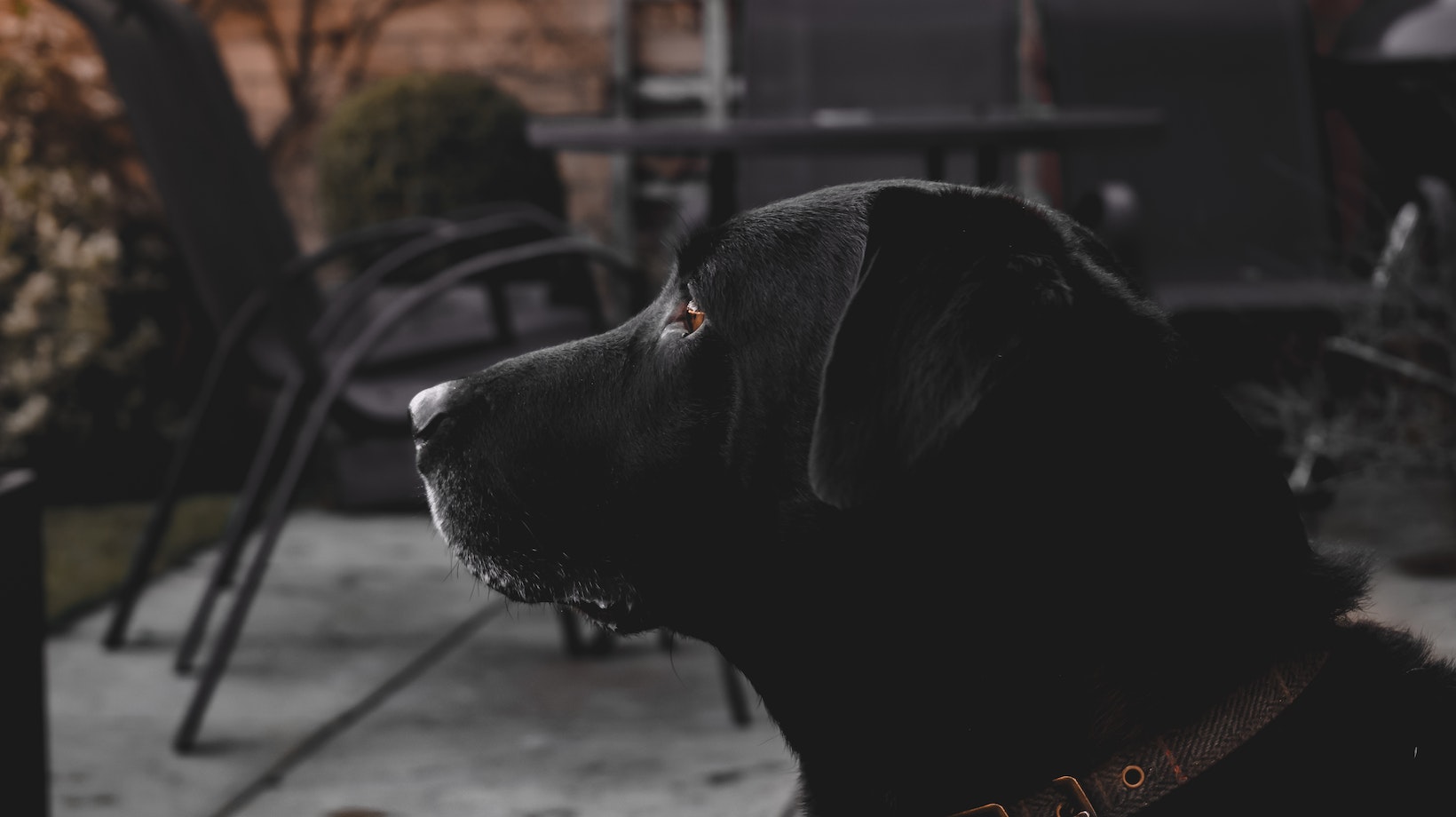Why Is My Dog Eating His Poop
One possible reason why dogs eat their poop is due to nutritional deficiencies. Just like humans, dogs require a balanced diet to meet their nutritional needs. If they are not getting all the necessary vitamins and minerals from their food, they may be compelled to seek them out in other ways – including consuming their own feces.
In particular, some dogs may lack certain enzymes or nutrients that aid in proper digestion. This can result in undigested food particles being present in their waste, which might still contain valuable nutrients. In an attempt to compensate for this deficiency, a dog may resort to eating its own poop.
Behavioral reasons
Another explanation for why dogs engage in coprophagia (the term used for eating poop) lies in behavioral factors. Dogs are social creatures and often mimic behaviors they observe from others, including their human companions or even other animals within the household.
If a dog witnesses another dog or animal eating its poop, it may imitate this behavior out of curiosity or as a way of seeking attention. Additionally, dogs that have been scolded or punished for eliminating indoors may try to hide any evidence by consuming their feces.
Medical conditions
Sometimes, the underlying cause behind a dog’s coprophagia can be attributed to medical conditions. Certain health issues such as malabsorption disorders or gastrointestinal problems can disrupt normal digestion and nutrient absorption processes.
For example, if a dog has exocrine pancreatic insufficiency (EPI), it means that its pancreas does not produce enough digestive enzymes needed for proper food breakdown. Consequently, the undigested food passes through the body without providing essential nutrients, leading the dog to look for alternative sources – including its own stool.
It’s important to note that if you notice your Labrador or any other breed consistently engaging in coprophagia behavior, it’s crucial to consult with a veterinarian. They can help identify any potential underlying medical conditions and provide guidance on proper diet, training, and behavioral interventions to address the issue.
Remember, each dog is unique, so it’s essential to approach the situation with patience and understanding while working towards a solution that promotes their overall well-being.

Behavioral Causes Of Coprophagia In Dogs
If you’re wondering why your beloved Labrador is eating his poop, there could be several behavioral causes behind this perplexing behavior. Let’s delve into some possible reasons why dogs engage in coprophagia:
- Instinctual Behavior: Dogs are descendants of wolves, who have been known to eat feces as a means of survival. Although domesticated, some dogs may still retain this instinct and consume their own or other animals’ waste.
- Nutritional Deficiencies: A lack of essential nutrients in your dog’s diet can lead to coprophagia. When their body craves certain vitamins, minerals, or enzymes that are missing from their regular meals, they may resort to eating feces as a way to fulfill those nutritional needs.
- Attention-Seeking: Dogs thrive on attention and interaction with their owners. If they notice that engaging in coprophagia elicits a strong reaction from you, even if it’s negative (such as scolding or chasing them), they may continue the behavior simply to get attention.
- Boredom or Anxiety: Dogs that feel bored or anxious may turn to coprophagia as a form of self-soothing or entertainment. This behavior can provide temporary stimulation or relieve stress for them.
- Lack of Housetraining: In some cases, dogs might not have received proper housetraining or have had inconsistent training methods applied during puppyhood. This can result in confusion about appropriate bathroom habits and lead to coprophagic tendencies.
It’s important to note that there isn’t one-size-fits-all solution for addressing coprophagia in dogs since each case is unique. However, here are some general tips for managing this behavior:
- Consult with your veterinarian to rule out any underlying medical conditions.
- Ensure your dog is receiving a balanced and nutritious diet.
- Keep your dog’s living area clean and free of feces.
- Provide plenty of mental and physical stimulation to alleviate boredom.
- Reinforce proper bathroom habits through consistent housetraining methods.
Remember, patience and consistency are key when dealing with behavioral issues in dogs. If the behavior persists or worsens, seeking guidance from a professional dog trainer or animal behaviorist may be beneficial.